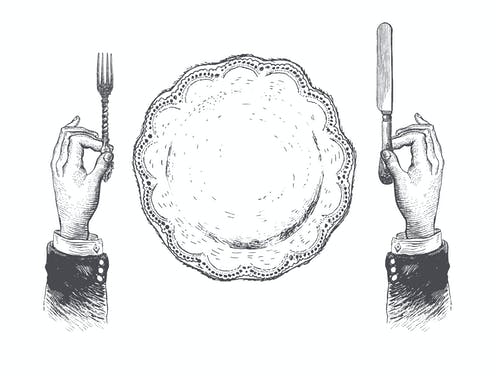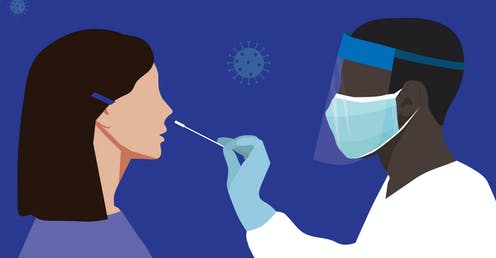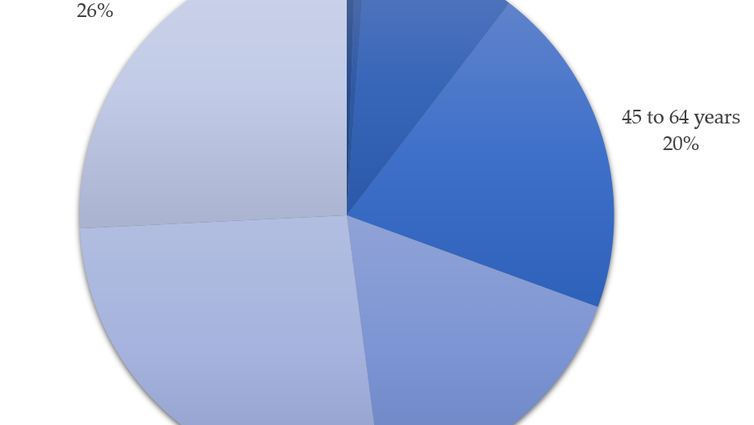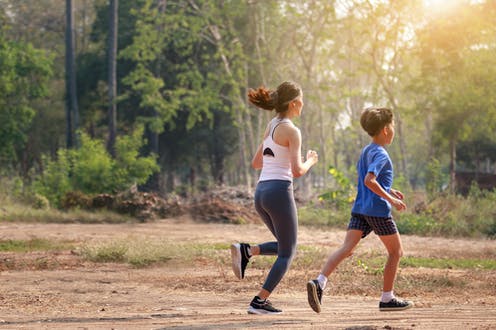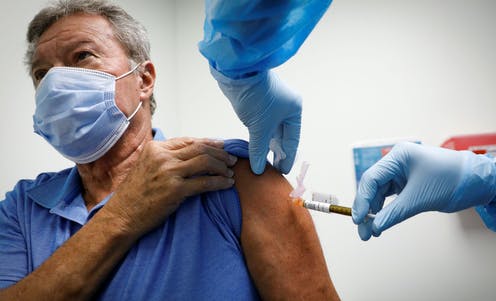COVID-19 immunity: how long does it last?
Millions of people across the world have been infected with SARS-CoV-2, the virus that causes COVID-19. Countries are also now embarking on massive vaccination campaigns to control the virus and protect their most vulnerable citizens. One of the biggest questions remaining is whether vaccination and/or prior infection with SARS-CoV-2 offers lasting protection against this deadly virus. The good news is that immunology is at last revealing some clues. To understand whether immunity is possible – and why this has even been questioned – it is important to consider the nature of SARS-CoV-2. It is a betacoronavirus, and several betacoronaviruses already circulate widely in humans – they are most familiar to us as a cause of the common cold. However, immunityContinue Reading












